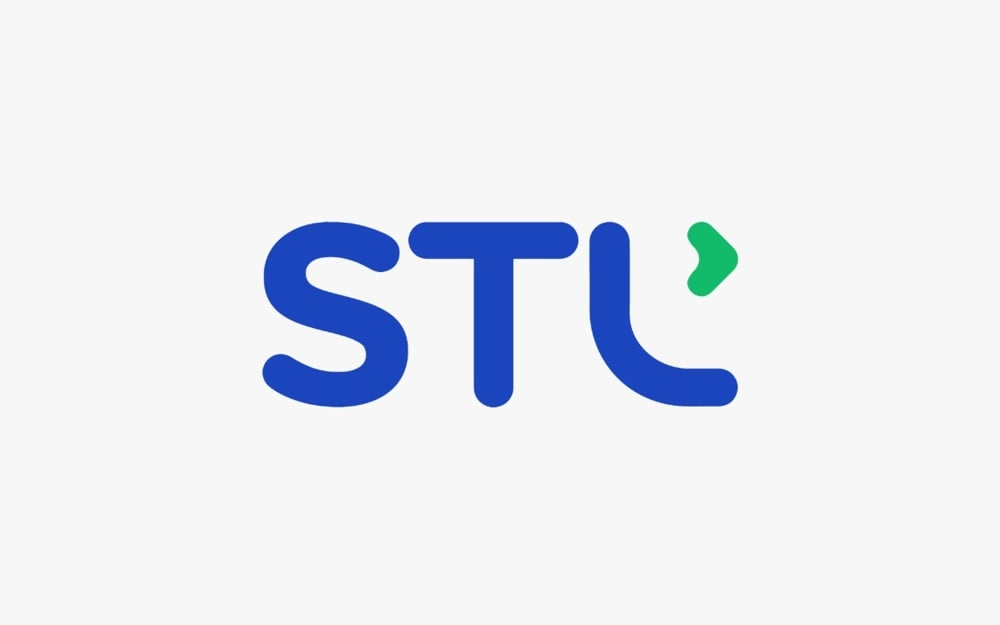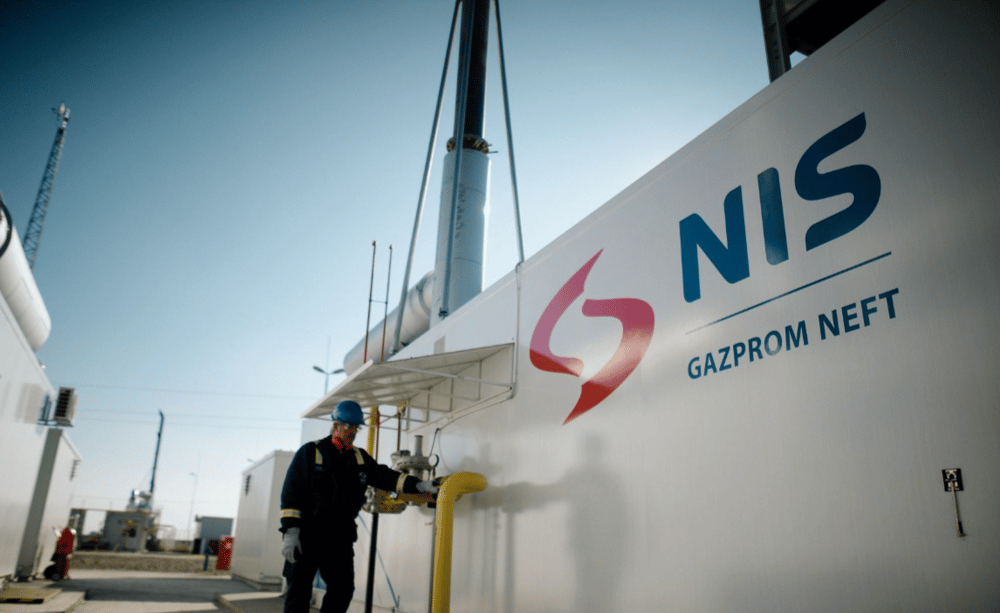Serbian oil company NIS has recently come under intense scrutiny amid evolving international sanctions and market shifts. Reliable sources, as reported by Reuters, confirm that the company is struggling with oil procurement from foreign traders. Meanwhile, its former clients are actively seeking alternative fuel suppliers—a reaction spurred by the anticipated impact of U.S. sanctions. Among the notable aspects of NIS is its close relationship with Russian giants Gazprom Neft and Gazprom, positioning it as one of the last major Russian oil assets in Europe.
The Impact of Geopolitical Instability on the Oil Market
The escalating sanctions have already begun to affect NIS’s operational framework. The anticipated U.S. sanctions have put considerable strain on the company's purchasing mechanisms, which has led to unforeseen challenges in the global oil trade. As Serbia’s only oil refinery operator, NIS plays a pivotal role in the nation’s energy security. The pressure on its procurement activities not only threatens immediate supply chain continuity but also raises broader concerns regarding the country’s strategic energy independence.
Given the complex international environment, NIS is compelled to reevaluate its supply chain and operational methodologies. With shifting trade conditions, the company must now navigate a market where traditional partners are reconsidering their positions. This situation underlines the increasing importance of a flexible and adaptive approach to ensure energy reliability while contending with new geopolitical realities.
Strategic Shifts and Future Opportunities
In light of the current challenges, industry analysts emphasize that a comprehensive strategy is essential for mitigating risks. The evolving landscape necessitates smart planning and operational adjustments to restore stability and maintain market relevance. The following numbered steps outline key areas of focus for enhancing adaptability:
1. Monitoring legal and regulatory developments internationally
2. Assessing fluctuations in global oil market trends
3. Adapting internal logistics and operational policies
4. Implementing state-of-the-art technological solutions
5. Restructuring financial and operational frameworks
These measures highlight the crucial steps NIS may consider to navigate turbulent market conditions. Each point reflects a broader vision for transforming the way the company responds to external pressures, ultimately aiming at resilience and sustained growth.
Innovative Approaches to Transformation
The current challenges also open up opportunities for rethinking traditional business models. Several emerging trends and innovative approaches could redefine how NIS operates in a constrained market environment. Consider the following bullet list that outlines creative avenues for strategic adaptation:
- Diversifying oil supply sources to reduce reliance on politically exposed markets
- Embracing alternative energy solutions and modern technologies
- Revising financial flows and risk management frameworks
- Enhancing oversight of strategic assets across the European market
- Upgrading technological infrastructure to improve operational efficiency
These innovative strategies not only open a window to potential operational transformation but also set the stage for building a more robust and future-ready enterprise. Emphasizing adaptive management, these approaches may also help in cushioning the negative effects of international sanctions while laying the groundwork for a diversified operational portfolio.
Market Projections and Analytical Insights
Current market conditions call for a deeper understanding of the underlying trends impacting the oil industry. The ongoing geopolitical friction and trade limitations suggest that there could be a downward adjustment in oil imports—an outcome directly tied to reduced trading opportunities on the global stage. Key factors shaping these projections include:
- Intensifying U.S. sanctions and regulatory pressures
- The need for restructuring oil supply channels
- A reexamination of long-established trading relationships
In addition to the structural adjustments within NIS, there is a pressing need to invest in internal innovations. This involves not only technological advancements and logistical improvements but also a strategic overhaul focused on amplifying responsiveness to volatile market conditions. Integrated digital systems and agile management practices are emerging as critical components of this new approach.
The adaptive measures being discussed reveal that while the current challenges are significant, they also present an opportunity for building a more resilient organization. With a focus on internal reform and strategic partnerships, NIS is poised to navigate these testing times and possibly emerge with a reformed business model fit for the future.








This pivotal move may well reshape the landscape of technology by setting new benchmarks for innovation